Athenian’s Commitment to Equity & Belonging
At Athenian, we believe deep learning and growth flourish when students experience a genuine sense of belonging at school. This belief–grounded in research and central to our mission–underpins our commitment to the principles of diversity, equity, and inclusion, and fosters an environment where all members of our community feel connected, supported, and affirmed.
Our commitment to equity and belonging fosters intellectual exploration and advances our core pillars: internationalism, democracy, environmentalism, adventure, leadership, and service. With a curriculum and programs that reflect the richness of the human experience, we cultivate critical thinking, deepen empathy, and empower students to use their understanding of the world in meaningful and transformative ways.
Student Affinity Groups
All Athenian Upper School students are invited to participate in affinity groups which are dedicated student-run spaces that help to foster community and a sense of belonging by serving as a vehicle of connection, advocacy, and support. Each group is led by students, has its own unique mission, and is supported by adult advisors.
- Asian Student Union
- Black Student Union
- International Students Affinity Group
- Jewish Student Union
- La Gente (LatinX/Hispanic Affinity Group)
- Mixed Race Affinity Space
- Muslim Student Union
- Neurodivergent Student Union
- Queer Student Union
- South Asian Representation
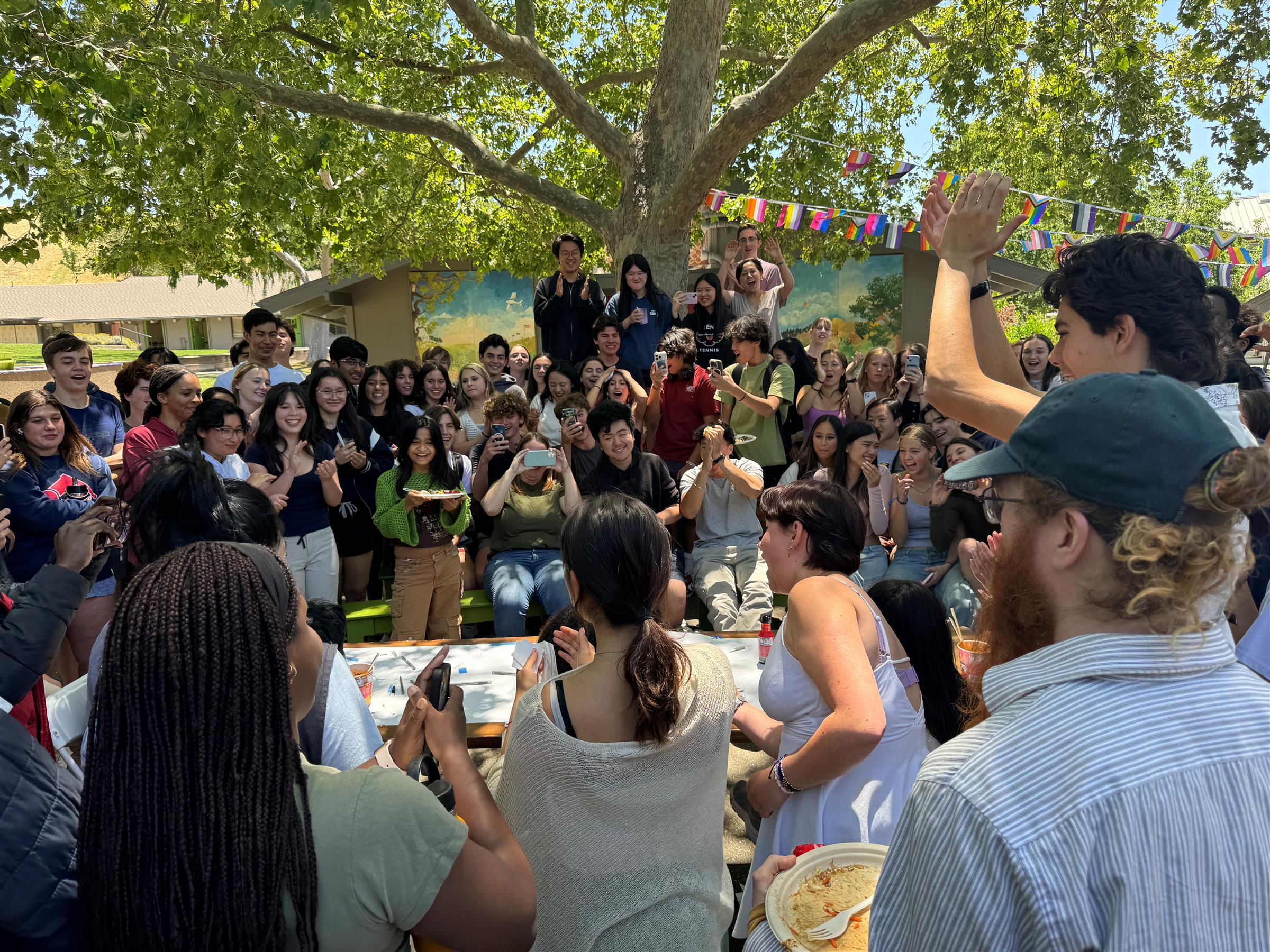
As a community, we seek continuous improvement. These statements were developed in recent years to help guide and inspire us to grow us a school and community.
We, Athenian, condemn racism, discrimination, and bigotry in all forms. Acknowledging that racism is systematic and self-perpetuating, we are counteracting racism by identifying and dismantling the systems--policies, practices, and cultural norms-- that may be perpetuating racial inequities at Athenian. While our work is centered on enacting change at Athenian, we will engage our entire community in the process thereby educating young people equipped to advocate for racial equity in their own communities and throughout their lives.
The Athenian School is committed to recognizing and celebrating every community member’s unique gender identity, and seeks to provide a supportive learning environment that ensures protection, respectful treatment and equal access to educational programs for students of all genders. We actively welcome and respect gender diversity and use students’ chosen names and pronouns within our campus community. The Athenian School furthermore affirms youth of all genders—cisgender, transgender, non-binary, gender fluid, agender, gender nonconforming/gender expansive, and any other gender identity—and works to make everyone feel supported and welcome in our community. The school will work with the parents/guardians of a student whenever possible and appropriate, however parent/guardian approval will not be a prerequisite for respecting a student's gender identity. Please note that Athenian is required to use a student’s legal name on any legal or official record, such as official transcripts.

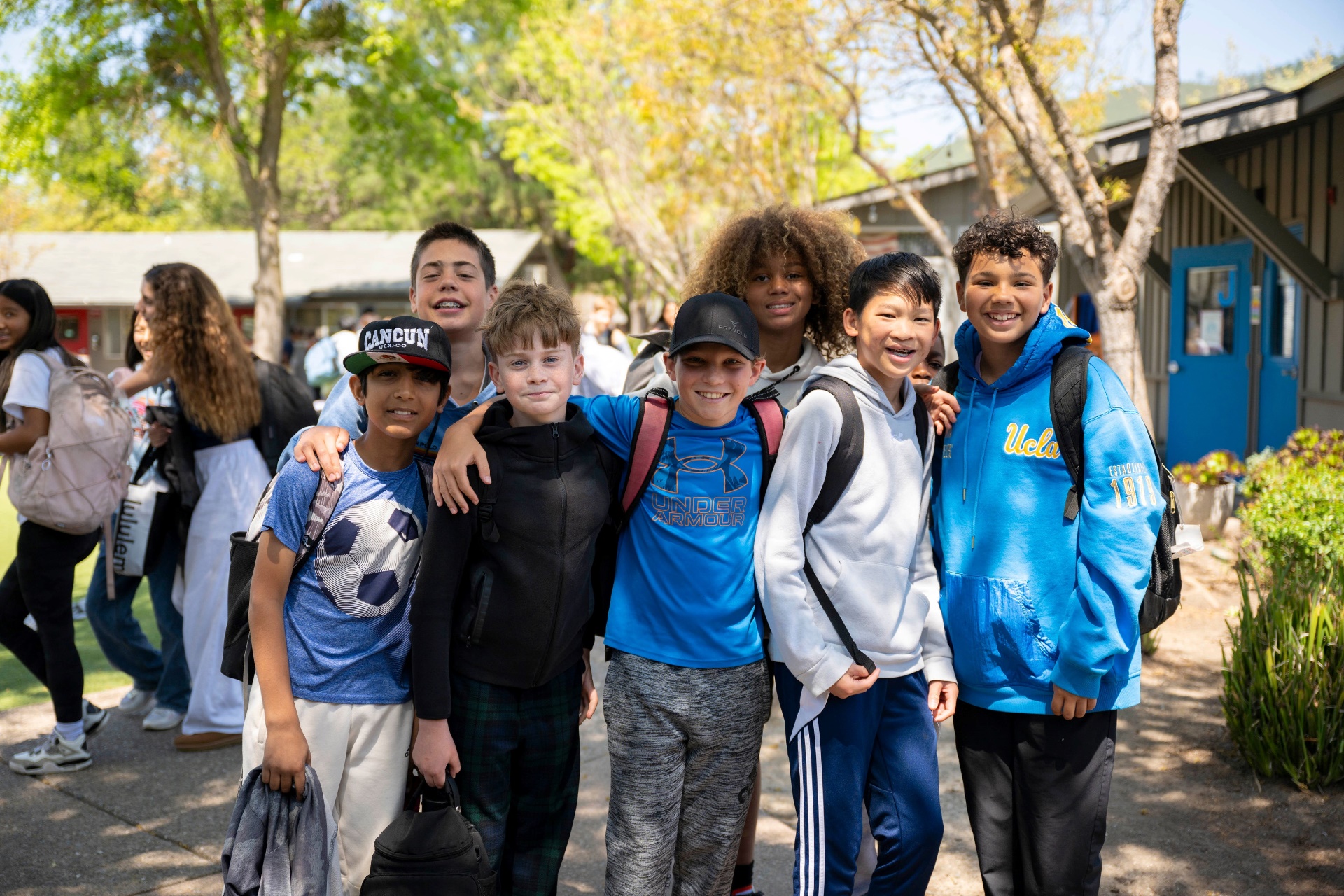

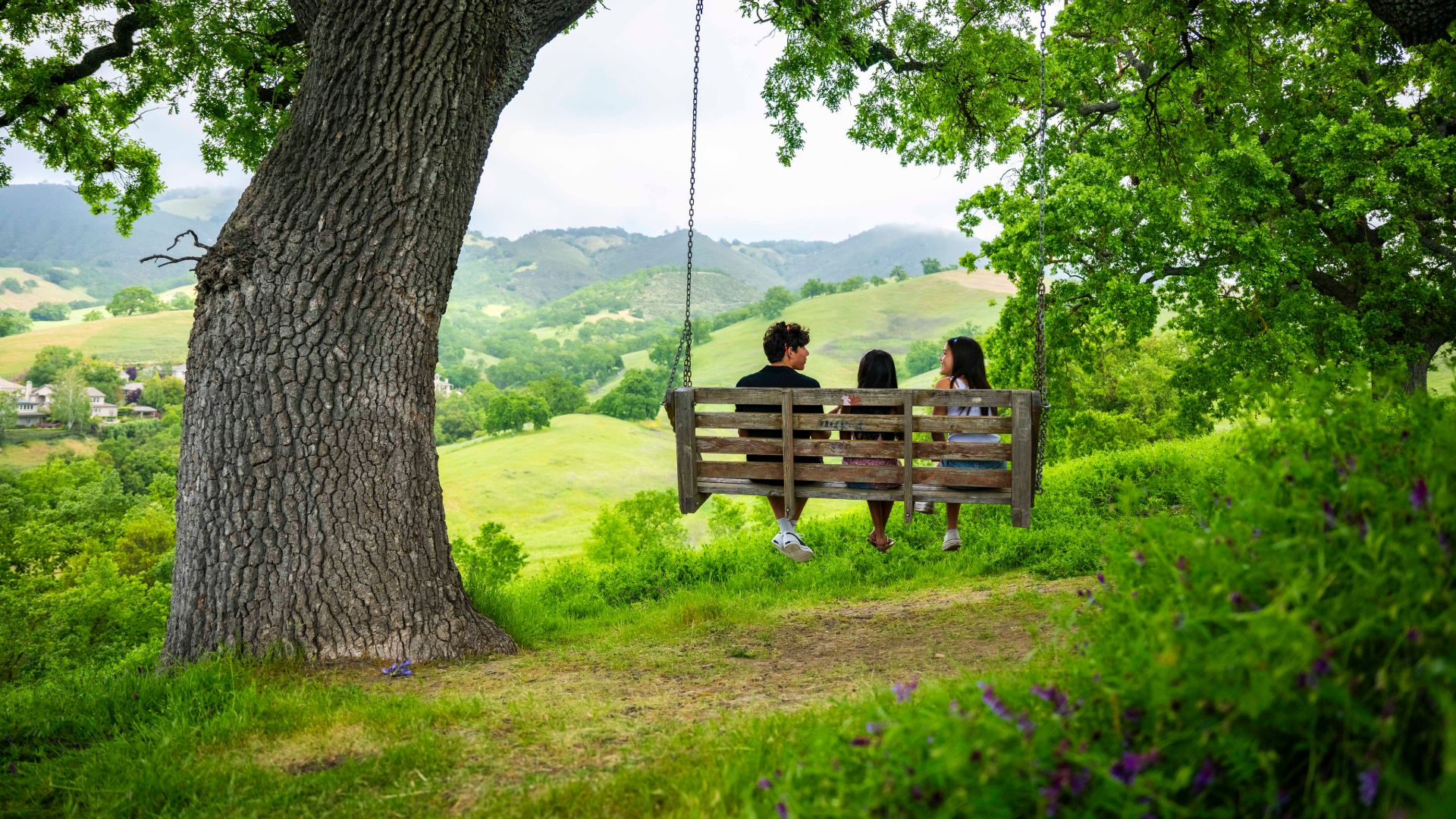
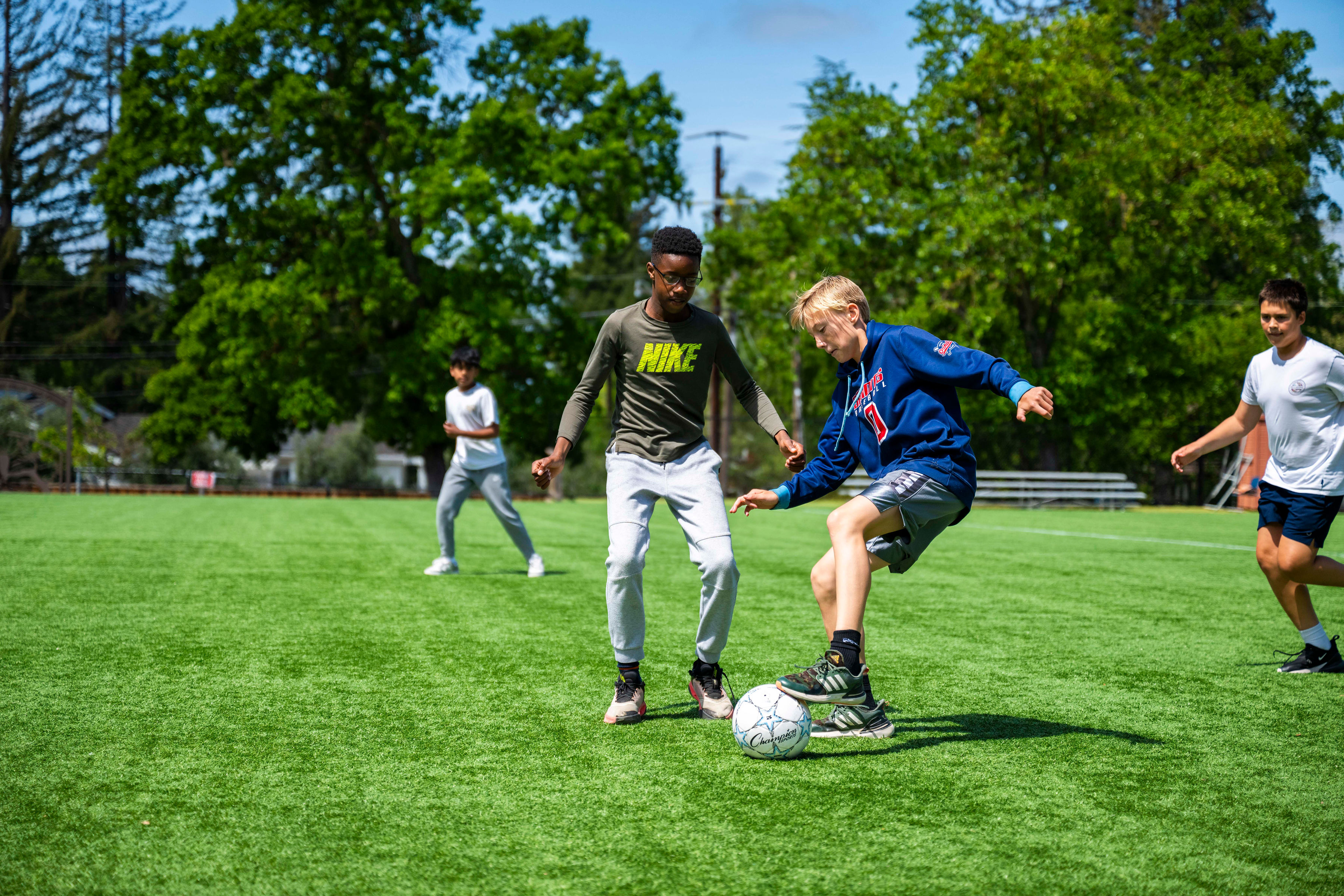
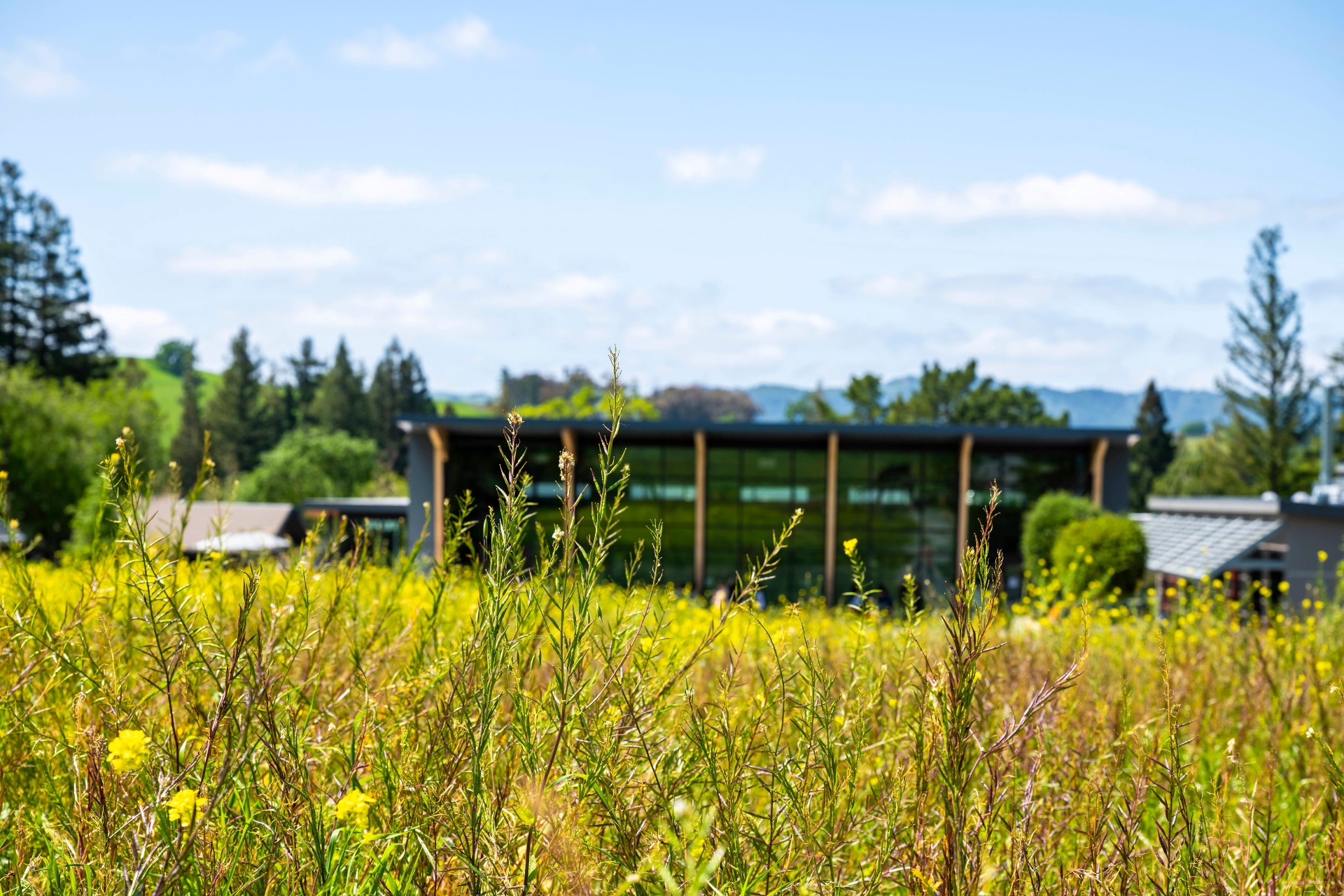
.jpg)